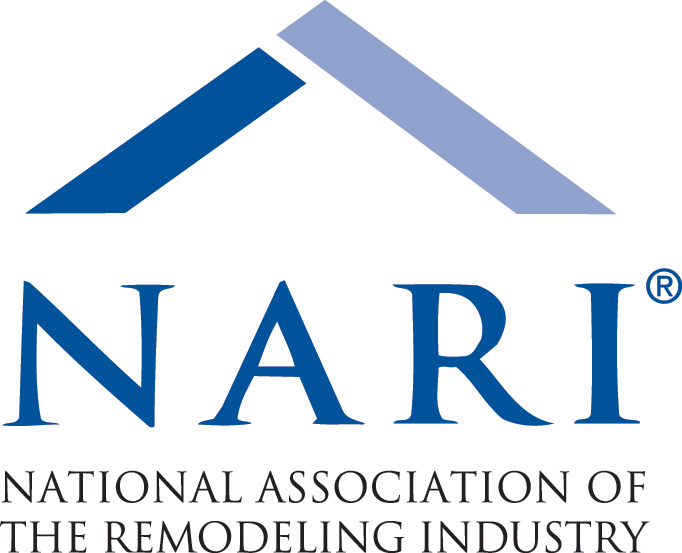 Overview
Overview
The National Association of the Remodeling Industry (NARI) is the only independent national association dedicated solely to the remodeling industry. By providing helpful resources for remodeling professionals and consumers alike, NARI seeks to fulfill its stated core purpose: “To advance and promote the remodeling industry’s professionalism, product, and vital public purpose.”
NARI’s roots go back to the Depression Era, when the Northeast Roofing, Siding and Insulation Contractors Association (NERSICA) was formed as part of President Roosevelt’s National Recovery Act. After changing its name to the National Remodelers Association (NRA) in the mid-60s, it merged with the National Home Improvement Council in 1983 to become NARI, which continues to flourish today with 58 chapters nationwide.
Industry programs
In addition to setting industry standards for conduct, integrity and workmanship, NARI offers a wide variety of educational opportunities for its professional members. Most notable are its Certification Programs, which enable members to develop their skills and advance through a progressive series of milestones, ranging from Certified Remodeler Associate (CRA) to Master Certified Remodeler (MCR). It also offers certifications in specialized areas like Green building and universal design. Furthermore, the association hosts informative seminars that are designed to educate professional members on business development and industry topics.
Consumer resources
While its main focus is working with remodeling professionals, NARI also prides itself on being a valuable resource for consumers. In addition to connecting homeowners with certified remodelers, its user-friendly website provides helpful tools such as a budget worksheet, industry information articles and basic remodeling pointers.
Events
Each year, NARI holds the Contractor of the Year (CotY) Awards, which recognizes association members who have demonstrated outstanding work in their remodeling projects. Entries are first judged on a regional basis before advancing to the final round, where they compete at the national level. Projects are judged based on a number of criteria, from functionality and aesthetics to craftsmanship and innovation.
